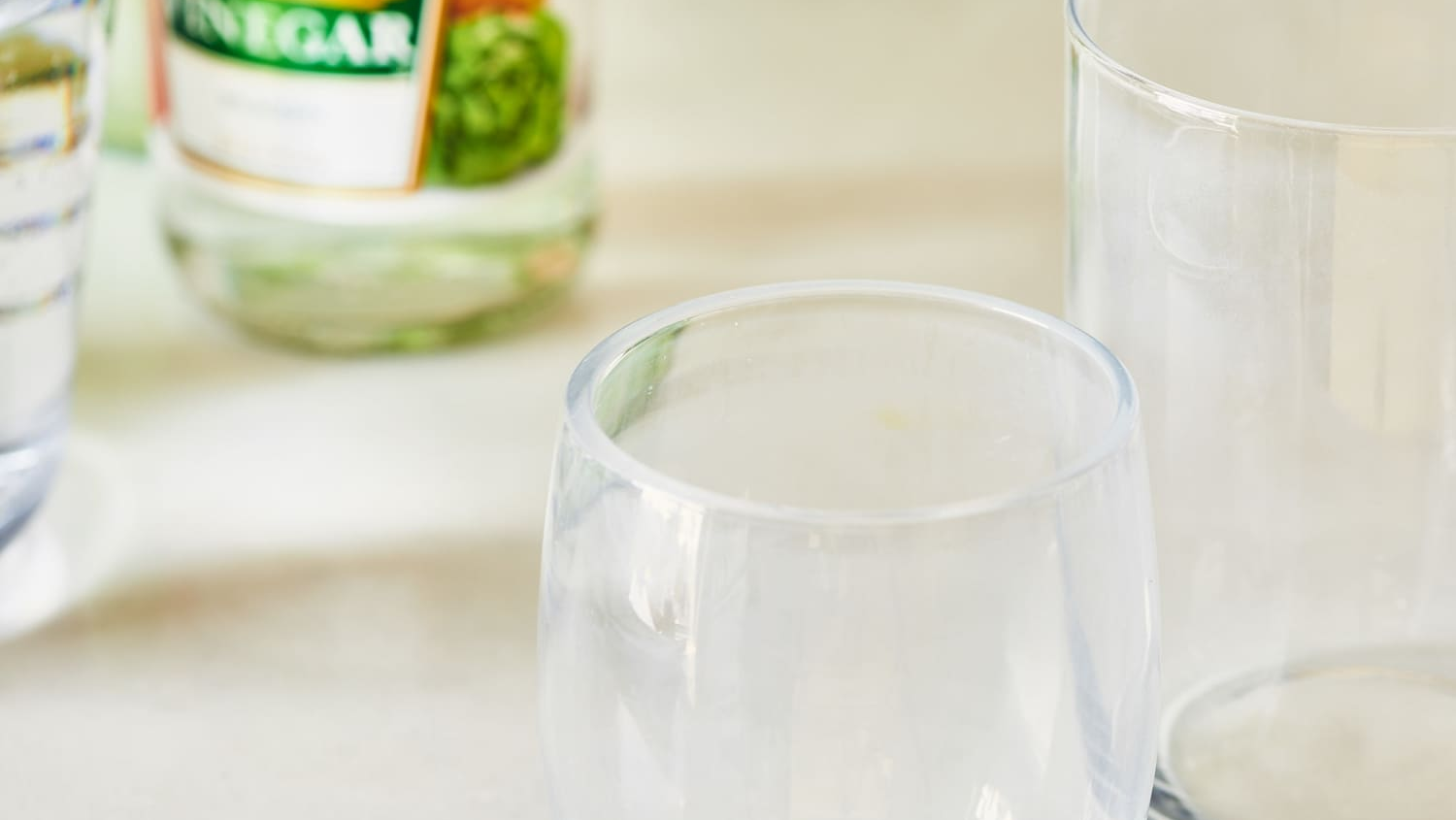Now Reading: The Ultimate Hard Water Solution Your Dishwasher Needs Now 2025
-
01
The Ultimate Hard Water Solution Your Dishwasher Needs Now 2025
The Ultimate Hard Water Solution Your Dishwasher Needs Now 2025

Table of Contents
Dishwashers are a modern kitchen staple, making dishwashing faster and easier. But if your home has hard water Solution , you might notice cloudy glassware, white spots on dishes, or even a chalky residue inside the machine. These are all signs that hard water is affecting your dishwasher’s performance. Fortunately, there are practical and affordable solutions that can help extend your dishwasher’s life and improve the cleanliness of your dishes.
What Is Hard Water?
Hard water is water that contains high levels of dissolved minerals, primarily calcium and magnesium. While not harmful to human health, hard water can be a nightmare for household appliances. Over time, these minerals build up inside the dishwasher, clogging its internal components and reducing its cleaning efficiency.
You may experience the following if hard water is a problem:
- White spots or film on dishes and glasses
- Residue on the dishwasher’s interior walls
- Decreased appliance lifespan
- Increased energy consumption due to scale buildup
If left untreated, hard water can also lead to higher repair costs and more frequent breakdowns.
Why Dishwashers Struggle with Hard Water
Dishwashers are designed to spray hot water and detergent onto dirty dishes. However, when hard water is used, it mixes with the detergent and forms soap scum instead of cleaning foam. This reaction not only makes your detergent less effective but also allows mineral deposits to coat the surfaces of your dishes and the machine itself.
Additionally, the heating elements inside your dishwasher may become coated with limescale, making them less efficient. This causes the dishwasher to use more electricity and run longer cycles to achieve the same level of cleanliness.
The Best Hard Water Solutions for Dishwashers
Now that you understand the problem, let’s explore the most effective solutions to deal with hard water in your dishwasher. Here are several options, from quick fixes to long-term solutions:
1. Use Dishwasher-Specific Water Softeners
One of the easiest solutions is to add a dishwasher water softener. These are specially designed products that soften the water entering your dishwasher. They are available as standalone devices or built-in features in high-end dishwasher models.
You can also find dishwasher salt products, often used in European dishwashers, that help soften water during the rinse cycle. Simply fill the designated salt compartment in your dishwasher and refill it regularly.
2. Try a Rinse Aid Formulated for Hard Water
Rinse aids help prevent water droplets from drying on your dishes, reducing the appearance of spots and film. Look for rinse aids that are specifically formulated for hard water. These products help reduce mineral deposits and leave your dishes sparkling clean.
3. Use a Hard Water Detergent Booster
Sometimes, regular dishwasher detergent is not strong enough to combat hard water. Detergent boosters are added to your dishwasher alongside your regular detergent. They help neutralize minerals and improve detergent performance, resulting in cleaner dishes and less buildup.
Many popular brands offer boosters that work well even in areas with extremely hard water.
4. Install a Whole-House Water Softener
For a long-term solution, consider installing a whole-house water softener. This system treats the water before it enters your plumbing system, including your dishwasher. Not only does this protect your appliances, but it also benefits your skin, hair, laundry, and plumbing.
While this is a more expensive option, it’s a worthy investment for households living in areas with extremely hard water.
5. Regular Maintenance and Cleaning
Even if you’re using water softeners or boosters, your dishwasher needs routine maintenance to stay in top shape. Here are some simple steps:
- Clean the filter weekly to prevent buildup
- Run a cleaning cycle with dishwasher cleaner once a month
- Check and remove limescale from the spray arms and heating elements
- Inspect the salt compartment (if available) and keep it filled
These practices not only prevent hard water damage but also extend the life of your appliance.
How to Know If You Have Hard Water
If you are unsure whether your home has hard water, you can purchase an inexpensive water hardness test kit online or from a hardware store. These kits provide quick and accurate readings to help you decide which solution is best for your home.
Alternatively, you may notice the signs in your daily life:
- Soap not lathering easily
- Spots on shower doors and dishes
- Scratchy laundry after washing
- Dry skin and hair
Knowing your water’s hardness level is the first step toward choosing the right dishwasher treatment.
Environmental and Cost Benefits
Solving the hard water issue in your dishwasher not only helps your appliance but also supports your wallet and the environment. Efficient dishwashers use less energy, water, and detergent. This translates to lower utility bills and a reduced carbon footprint. With clean, scale-free components, your dishwasher can perform at its best, cycle after cycle.
Final Thoughts
Hard water can turn your dishwasher from a time-saver into a source of frustration. But you don’t have to live with cloudy dishes and scale buildup. With the right combination of water softeners, detergent boosters, and routine maintenance, you can protect your dishwasher and enjoy spotless, sparkling dishes every day.
Whether you choose a simple rinse aid or invest in a whole-home softener, addressing hard water now can save you costly repairs and replacements in the future.
Read More:- Shobha Realty Launches Its Most Luxurious Project Yet—Full Details Inside 2025






















